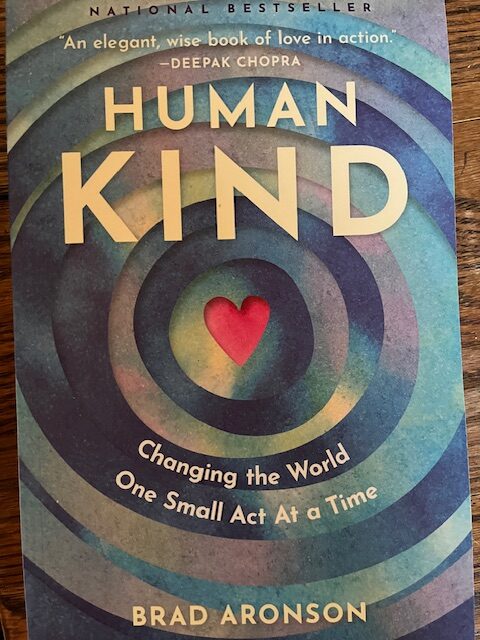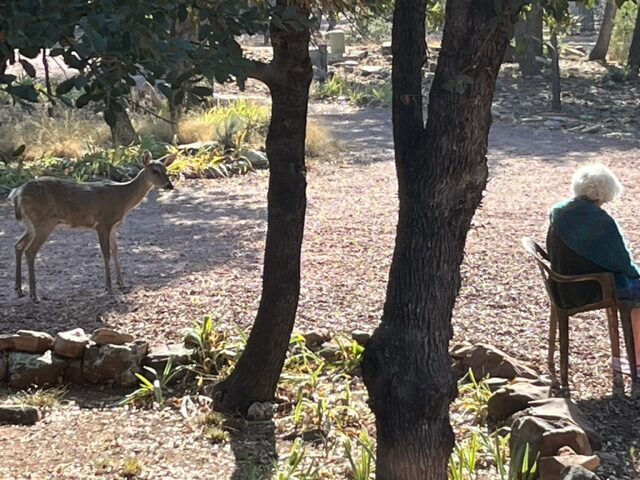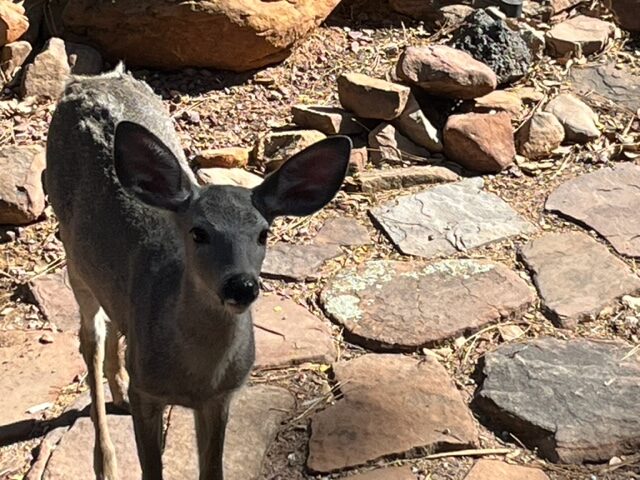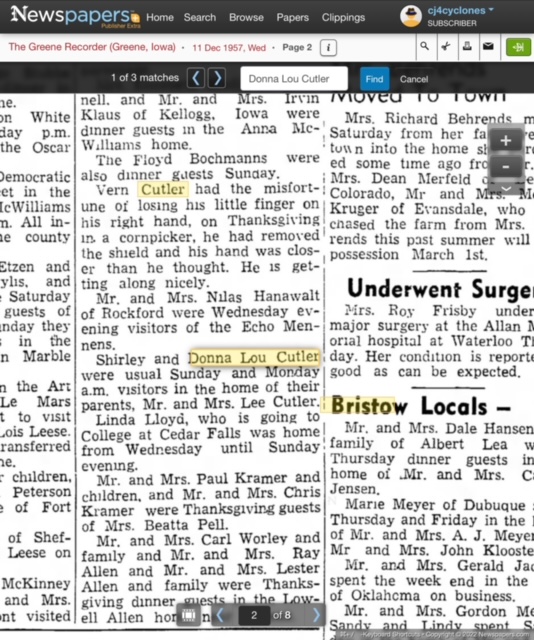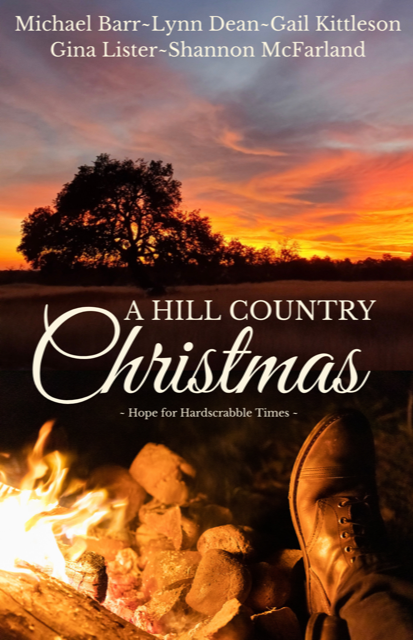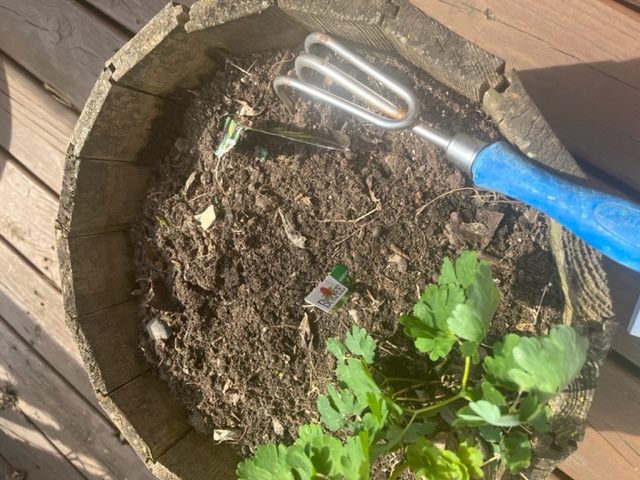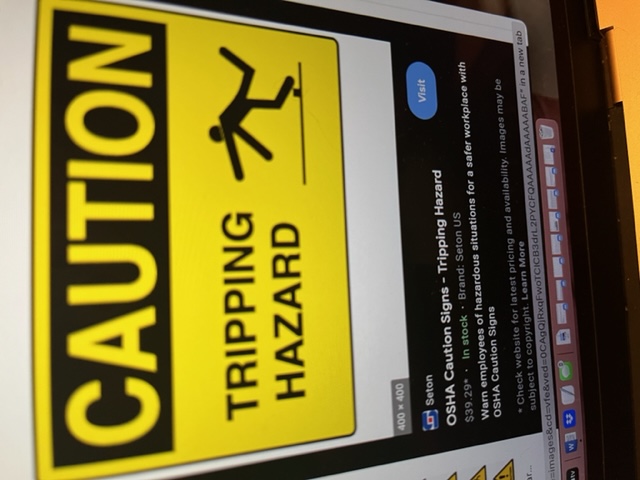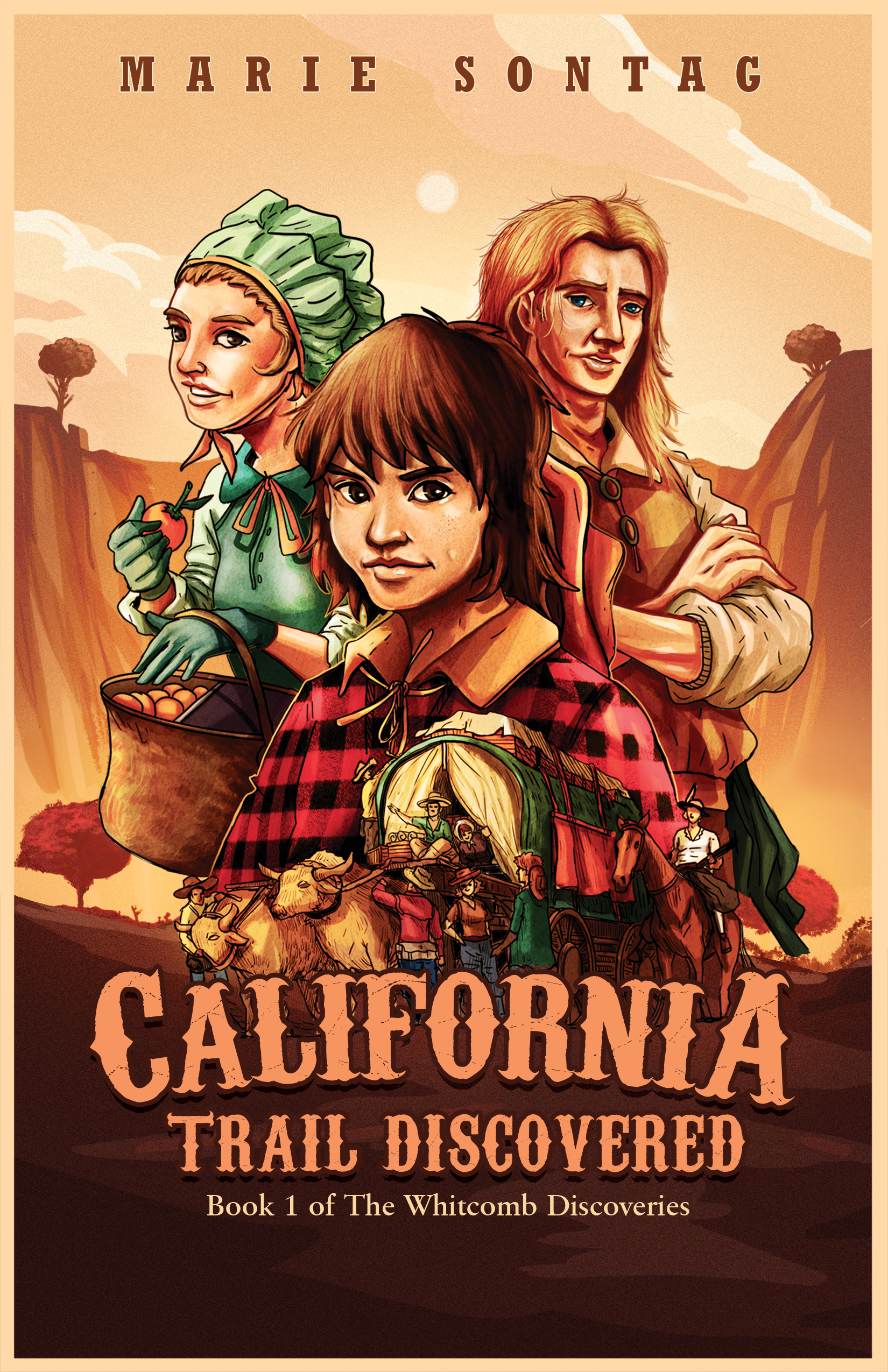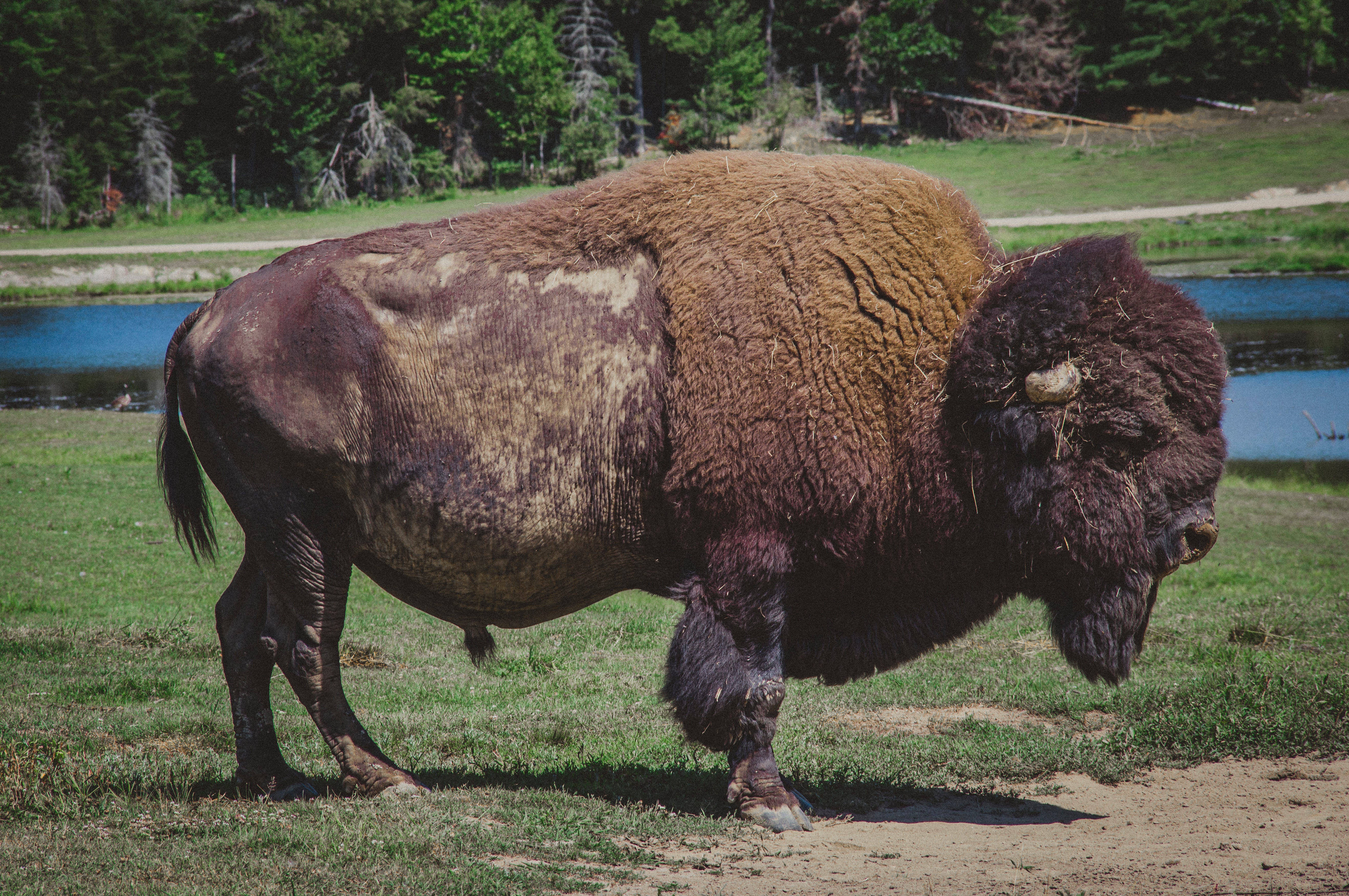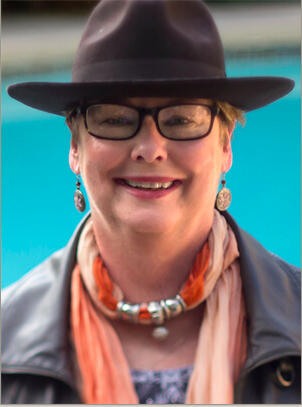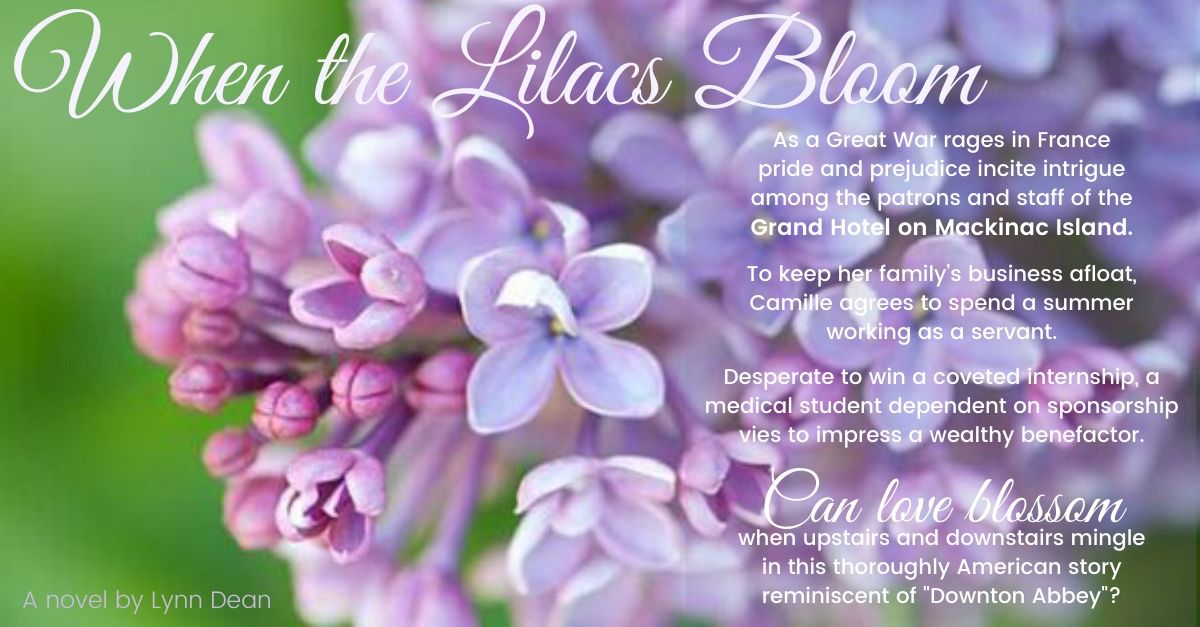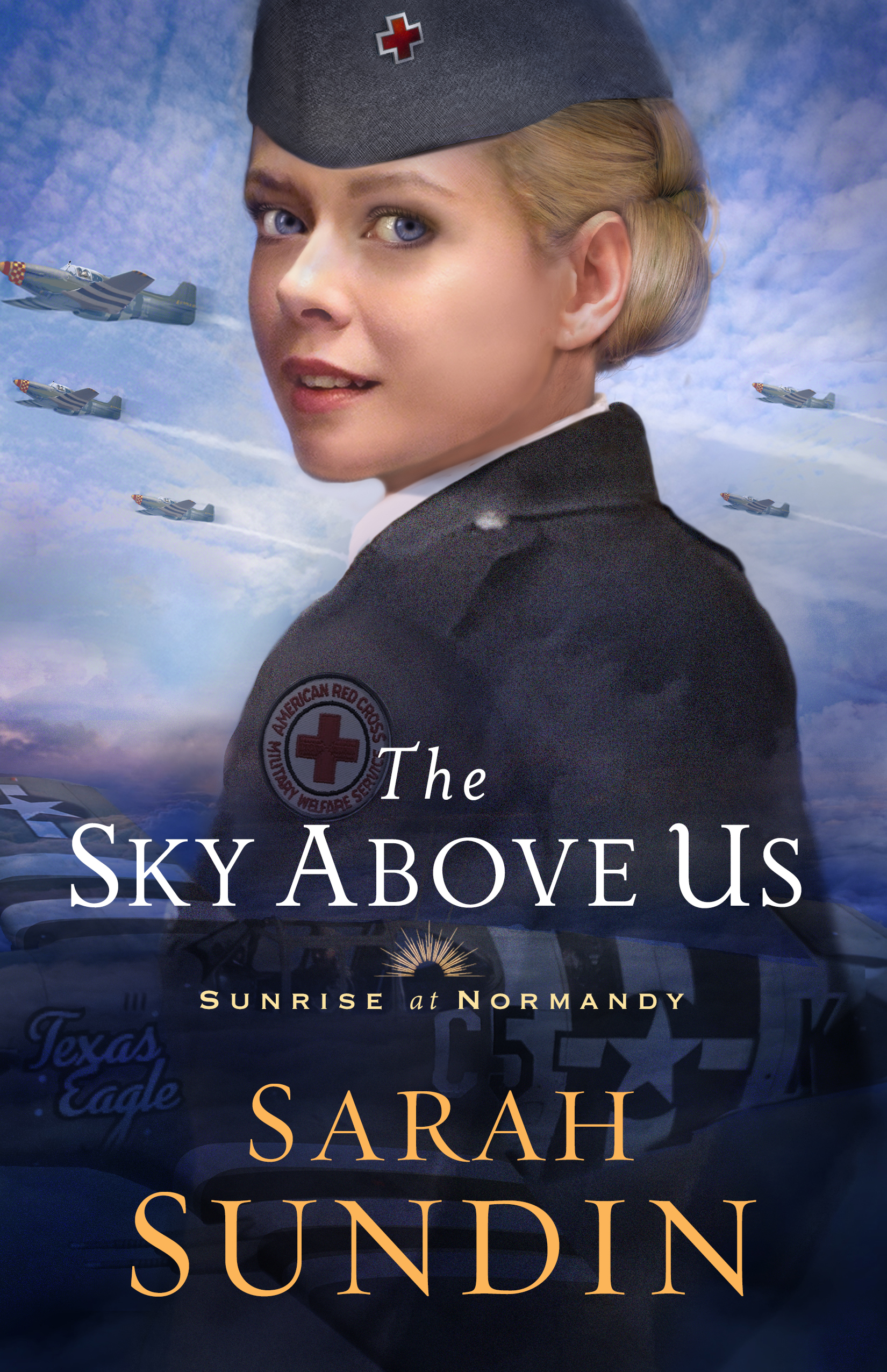Stacey Pardoe has such inspiration to share…enjoy.
There Are No Small Moments
I’m on my knees, camera lens inches from a dwarf ginseng, its tiny snowflake head bobbing in the breeze, when I realize we’re not alone. “Beautiful day, isn’t it?” the khaki-clad elderly gentleman greets, and I’m drawn from my small moment with the ginseng.
“Sure is,” I say, somewhat embarrassed by the black dirt on my knees and elbows.
“Did you see the trout lilies?” he asks, and I notice the camera strapped over his neck. I’m less embarrassed.
We talk for a long while about trillium and bluebells, and he finally meanders off along the path. Returning to my photo shoot with the ginseng, I remember the way I once looked at thirty-somethings with cameras and wildflower books. At twenty-two, I kept track of miles logged and elevations reached, not dwarf flora, like violets and ginseng. At twenty-two, I mostly lived for big moments – summit moments, and the thought of bending low for small moments seemed nothing short of condescending.
We walk farther down the trail, kids running ahead in search of toads and moths, and I consider these changing seasons. When did small moments begin to take on such an authentic kind of glory? It must have been before I dug the wildflower books out of the dusty boxes in the attic of the garage.
I remember when I started taking pictures of tiny mushrooms and sphagnum moss. I believe that was the moment. The moment I pulled out the camera and committed to capture the miracles I miss every day when I brush past in all my hurry, with my large-moment focus and my desire to prove something.
What if we could all live like we have nothing to prove? What if we never again needed to prove our worth through demonstrating our intelligence, beauty, humor, and talent? What if these things were simply gifts with which we blessed others, and we were fully content to live in the midst of our quiet moments in utter contentment?
Have I really learned the secret of being content in any and every situation?
What if there really are no small moments – just quiet moments . . . And what if the quiet moments are worth every bit as much as the loud moments performed before the multitudes?
I think long on it, while the kids build castles along the sandy creek, and I’m sure of it: These quiet moments of walking with children in the woods, baking cornbread, stirring scrambled eggs with a rubber spatula, folding tiny T-shirts, and wiping down dusty furniture are the moments that will make up the bulk of our lives. There may be loud moments, platform moments, and moments that are broadcast before the world, but these big moments won’t make up the majority of our lives.
So what are we doing with our quiet moments? Because the quiet moments are the ones that seem small, but they’re really the ones that comprise the essence of our lives.
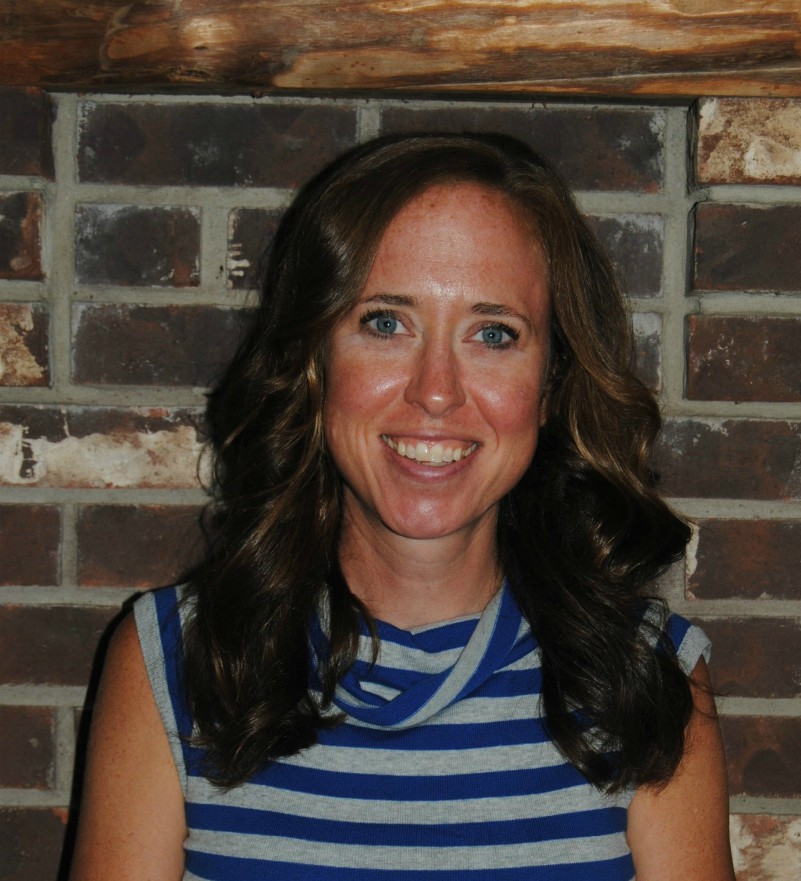
Sitting along the water, I commit to live with more gratitude. I commit to recognize the gifts that surround me and magnify God through naming them: dwarf ginseng, blue phlox, garlic mustard, and wild geranium; sandcastles at the creek, lunch on a hilltop, holding hands along the road; the mounds of dirty laundry that remind me of the gift of my family, the meat simmering in the crock-pot, the green crayon on the living room wall. I won’t write these things off or roll my eyes. I’ll embrace them and give thanks.
I commit to speak life. I commit to ask direct questions and bite my tongue when I’m in a bad mood. I remember to tell the kids that I love them just because they’re mine, that their mistakes will never define them, and that they make my world a better place.
I commit to live intentionally. We role play the whole way home from the creek, and Bekah thinks of responses to every playground dilemma I can conjure up. We read Bible stories before Caleb naps, and I pray specific prayers over each of them before he sleeps. We turn off the TV and dive into imaginary play on the carpet with our assortment of mini characters. I make some calls and send some cards.
When the sun sinks low that evening, Bekah and I put together a pocket guide of wildflowers from our sanctuary at the Wolf Creek Narrows Natural Area. We find Latin names and study the history of each plant. It all feels a bit small, but when she looks at me with dancing blue eyes, filled wild with life and passion, I know for sure that none of this day was small at all.
Bio: Stacey is the wife of a handsome lumberjack, mother of two blue-eyed beauties, a freelance journalist, mentor, and certified special education teacher. She writes weekly at www.staceypardoe.com.
